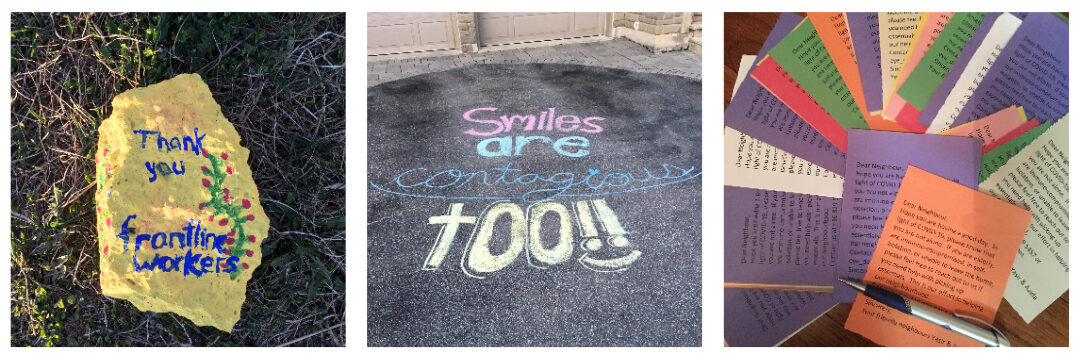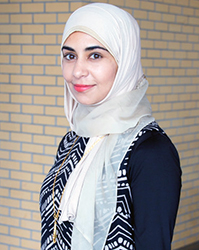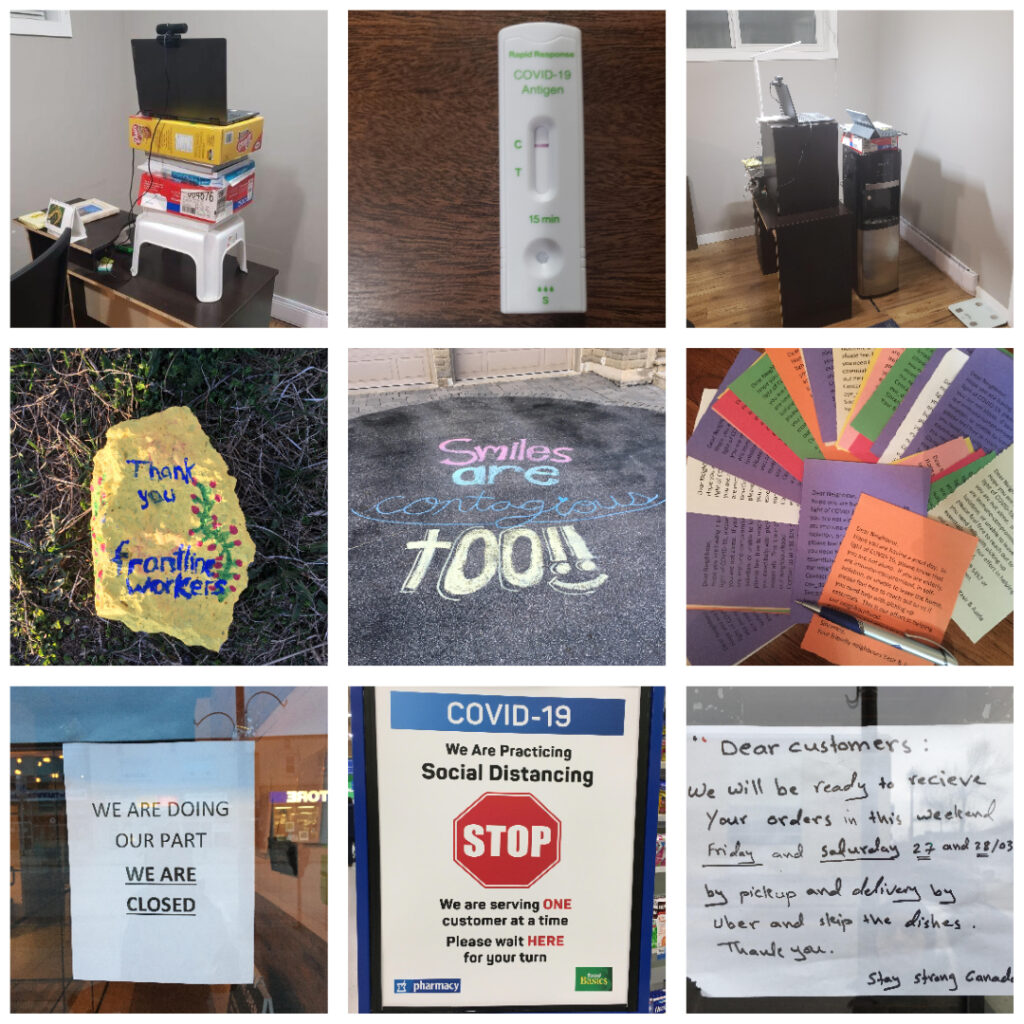
Disaster & Emergency Management (DEM) professors will help York University mark the five-year anniversary of the World Health Organization's declaration of the COVID-19 pandemic with a community-driven event that will include an immersive photo gallery and workshop.
The event, titled "From Distanced to Connected: COVID-19 Five-Years On," has been organized by Professor Aaida Mamuji with support from Jack Rozdilsky and Ali Asgary, all professors within the DEM program at York. It has also been administratively sponsored by CIFAL-York.

The idea for the event draws in part from research conducted by Mamuji and her team over the last five years thanks to an almost $500,000 grant received in March 2020 from the Canadian Institutes of Health Research to explore the social impact of stigma during the pandemic.
“The need to just ‘take a step back’ and reflect on the pandemic was something our research participants alluded to in their responses to us,” says Mamuji. As the upcoming five-year anniversary approached, she felt it offered an important opportunity for York faculty, staff and students to come together.
“I don’t think there has been a moment since the start of the pandemic where we have been able to hypothetically ‘stop’ and reflect on this collective experience, and doing so on March 11 just makes so much sense,” she says. “We felt that it would be an ideal time to come together as a community to reflect on what we all experienced, and where we have all come since then.”
A cornerstone of the March 11 event will be a special photo gallery that calls for pictures to be submitted by community members. “We wanted to have people share pictures that will resonate with them locally and help them think about where they were in those moments; what they were doing or could not do; who they were with or couldn’t be with; to reflect on the whys of everything; and most importantly, how all of that experience led them to the present,” says Mamuji. “We want our audience to see themselves in the project; it’s about them.”

All interested in participating, including York University students, faculty and staff, are asked to submit up to four photos per person that they feel align with two categories: “Challenges and Difficulties” and “Resilience and Moving Forward.” Entries are due by March 1 using the submission form.
Photos that are selected will be part of the gallery at the Victor Phillip Dadaleh Advanced Disaster, Emergency and Rapid Response Simulation (ADERSIM) Lab in the Schulich School of Business on March 11, from 10 a.m. to 6 p.m. During that time, all visitors are welcome to drop in, view the submissions and vote for the photos they consider the most impactful. Three $250 gift cards will be awarded to the winners.
Following the gallery, there will be an evening workshop – held in the same space – on stigma-informed emergency management that will include presentations by community members, emergency management (EM) officials and first responders. The workshop will also offer training on reducing unconscious bias and trauma-informed care.
“Given [York’s] teaching and research focus in emergency management, we also wanted the general population to reflect on the impact of the pandemic on emergency managers and frontline workers tasked with managing the pandemic – some of whom are our neighbours and friends – in ways that we may not have thought of before,” says Mamuji. “We hope the training on trauma-informed care will make us a more compassionate moving forward.”
Those interested in attending are required to register.
“It is an opportunity to reflect on community resilience and the collective pain and strength that was observed. It is an opportunity to reflect on what could have been, in certain cases, and how we came to be in this moment. But most importantly, it is an opportunity to highlight the collective strength of our community and what we could do differently for the future,” she says.
